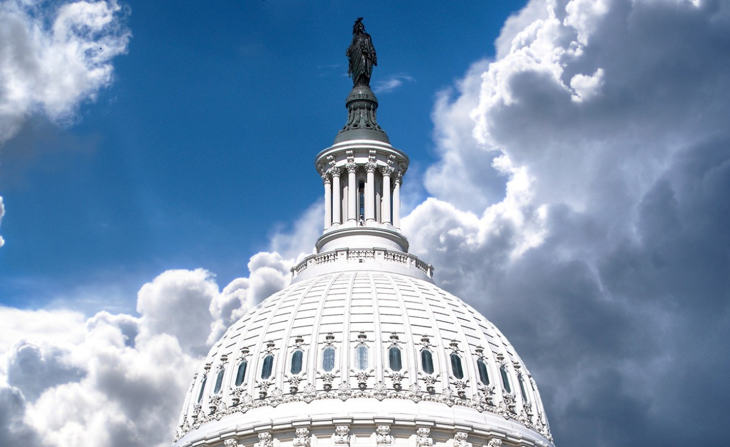 @Pixabay.
@Pixabay.
The actions of the United States has dominated political risk in 2025 so far, according to WTW’s Political Risk Survey 2025.
The company’s eighth annual political risk survey found that for 74% of globalised companies that took part in the survey, political risks appear among the top five risks on the enterprise risk management (ERM) risk register. For 11% of respondents, it was the number one risk.
Please Login or Register for a free account to view this content. Benefits of registering include: